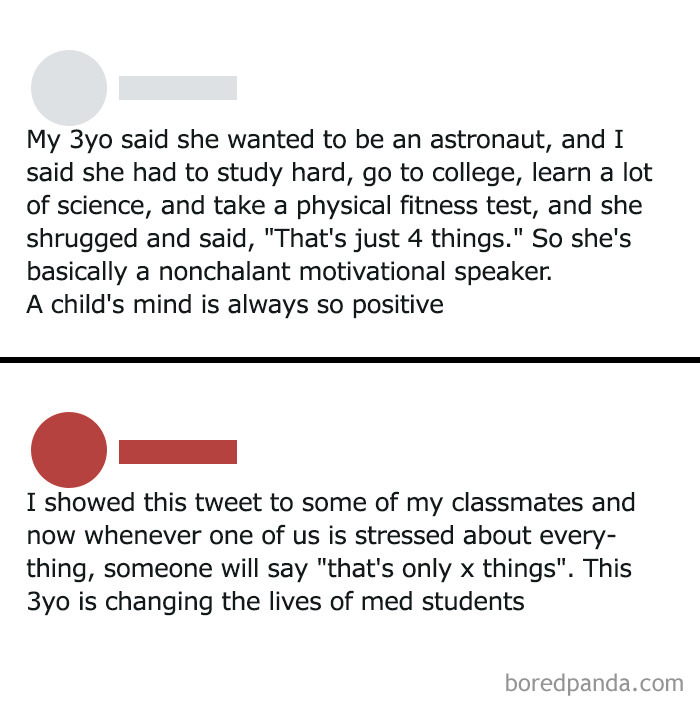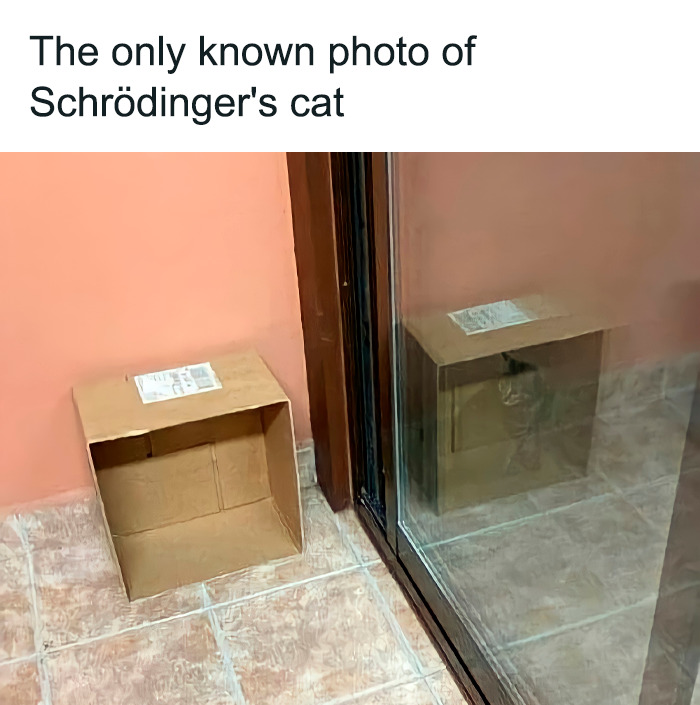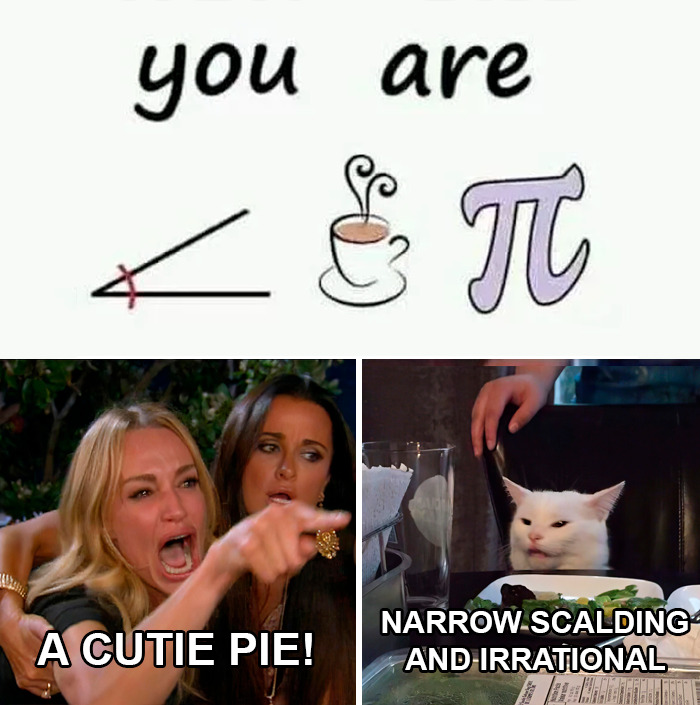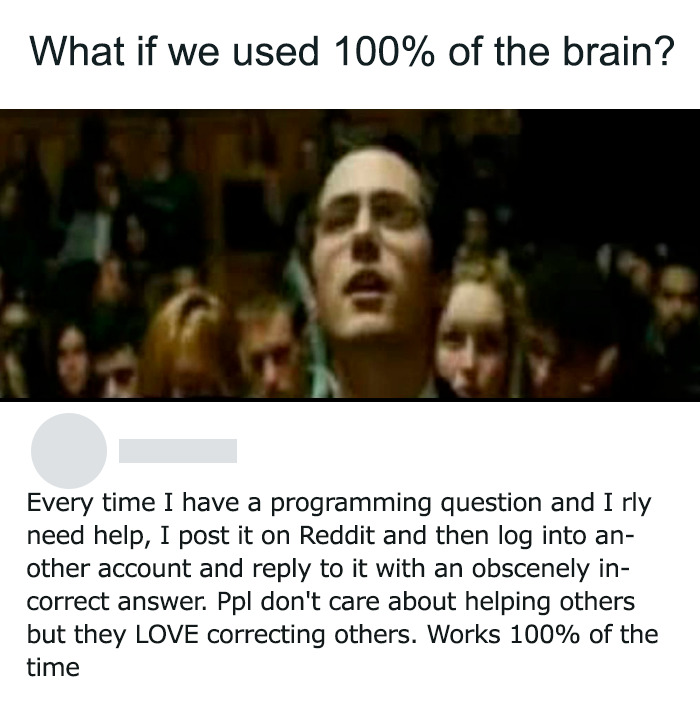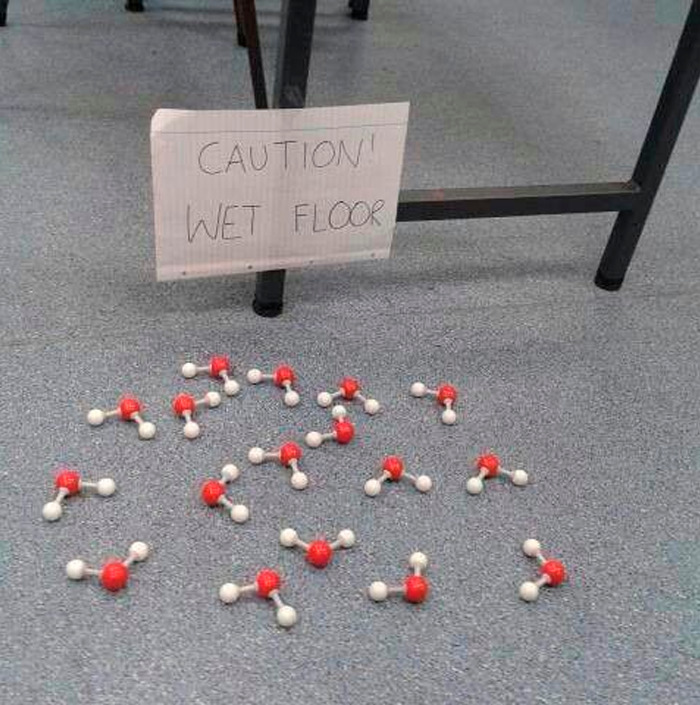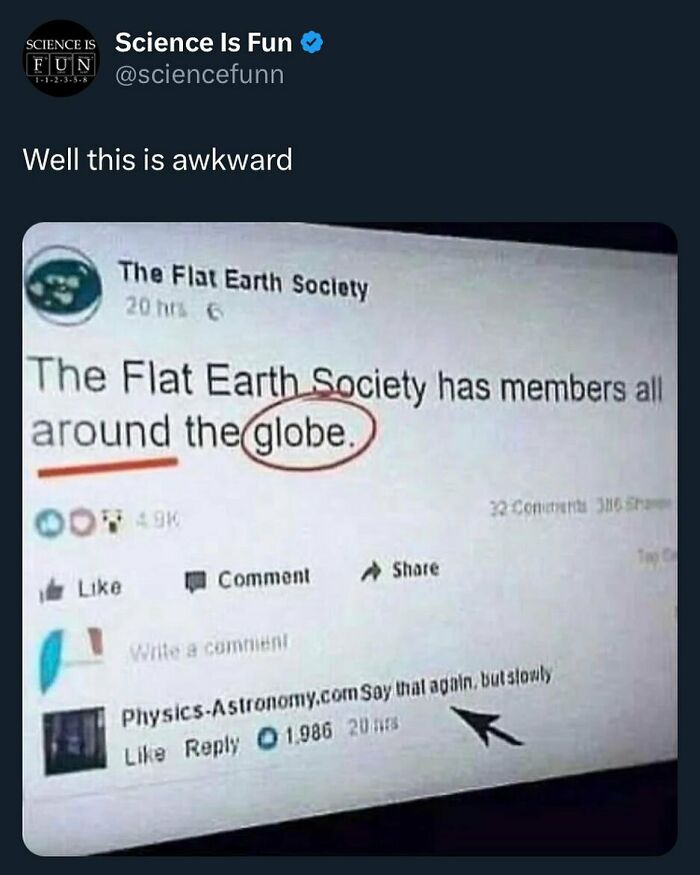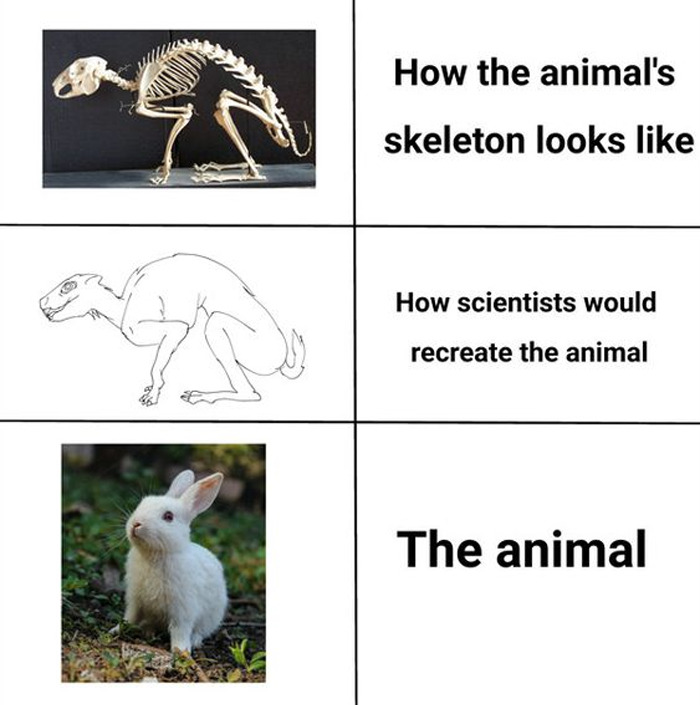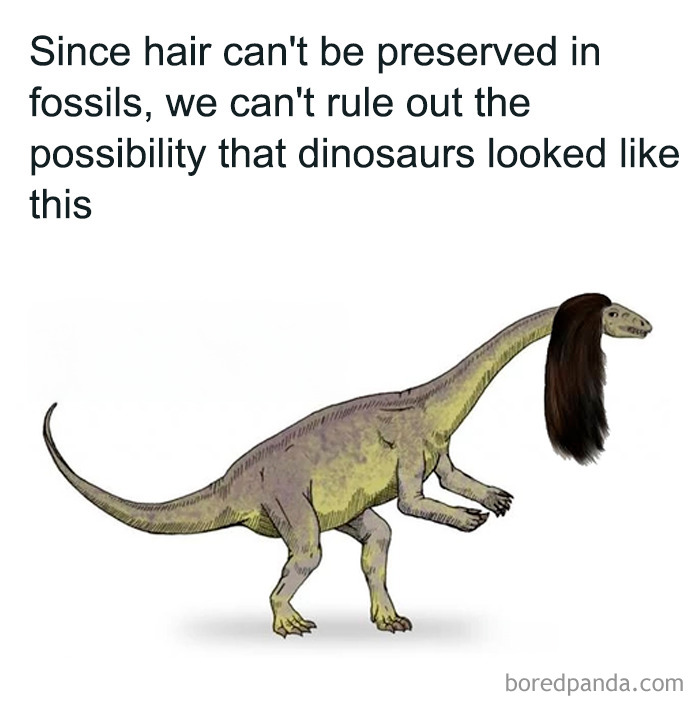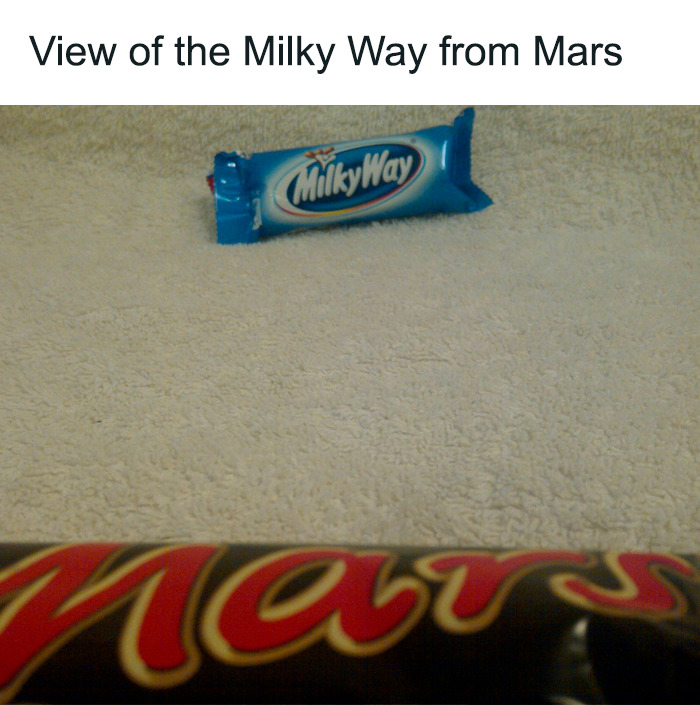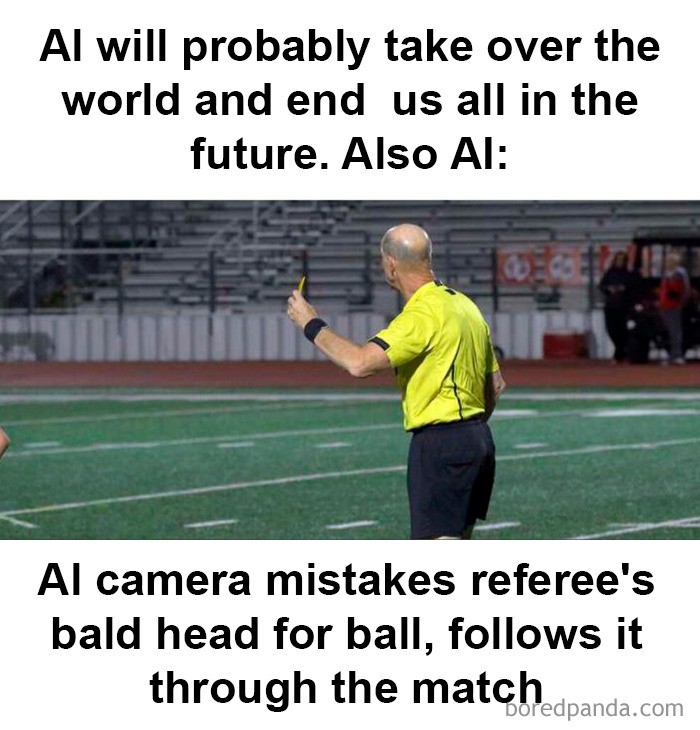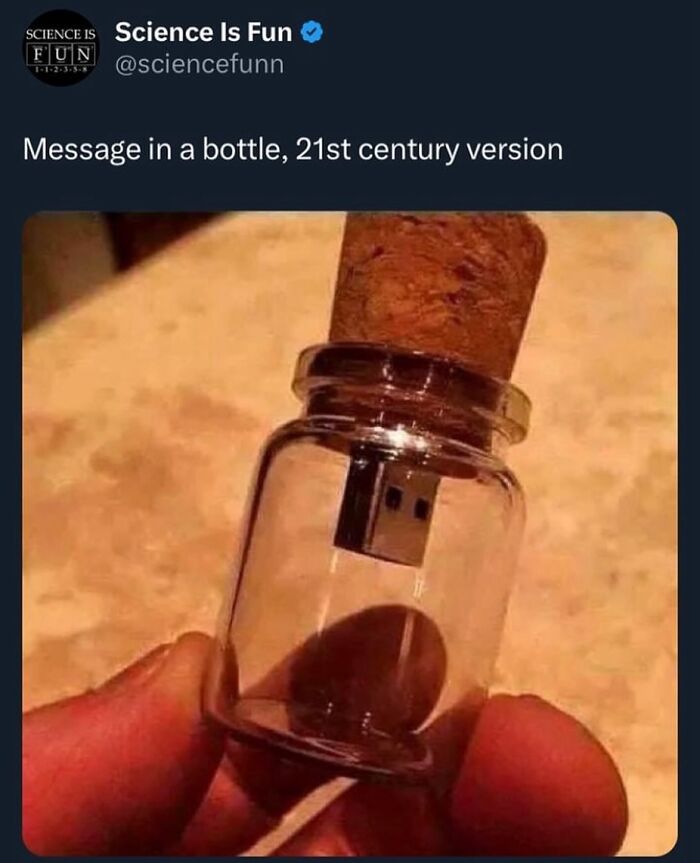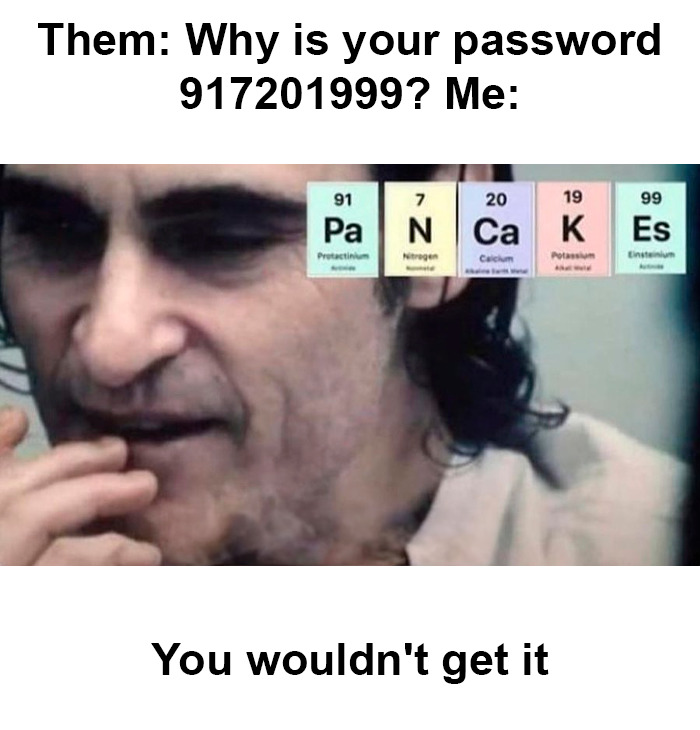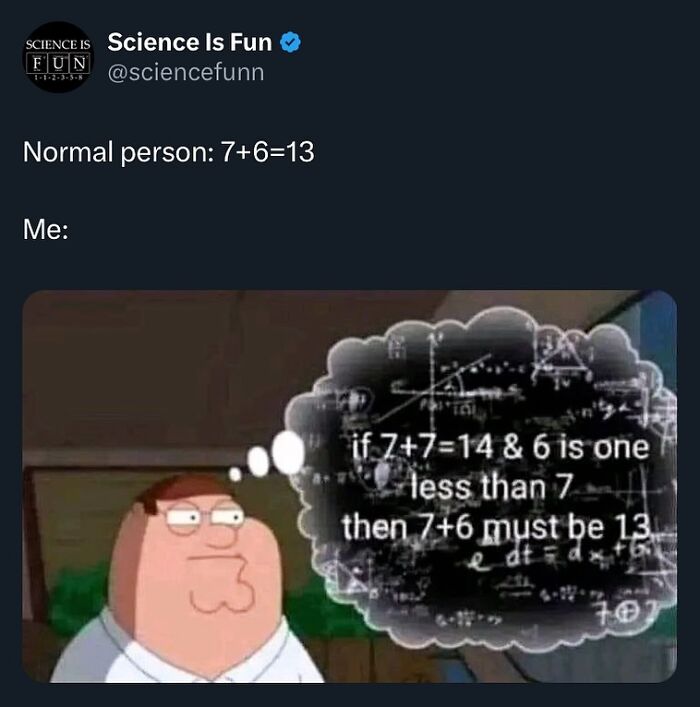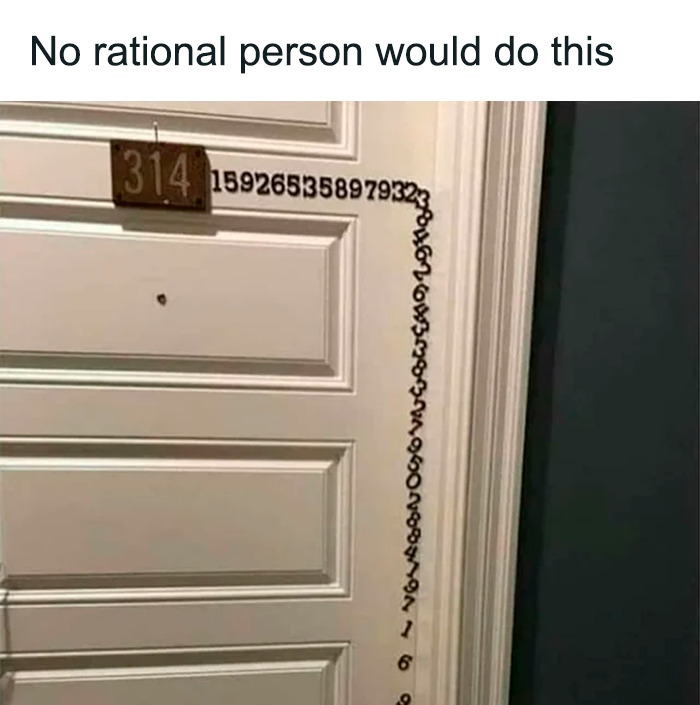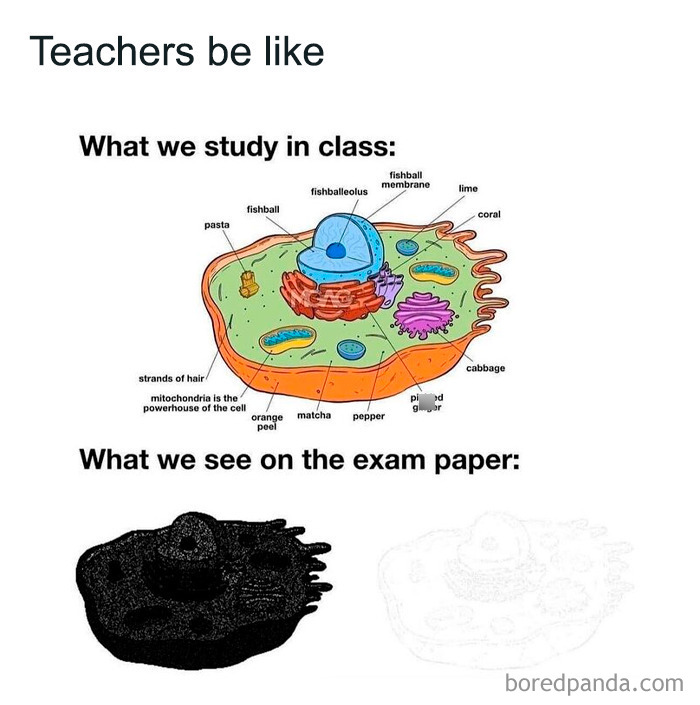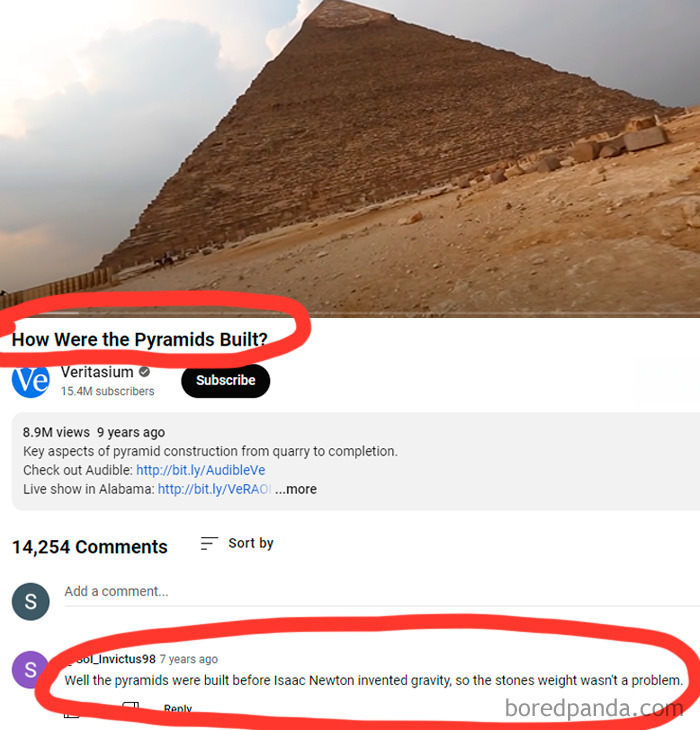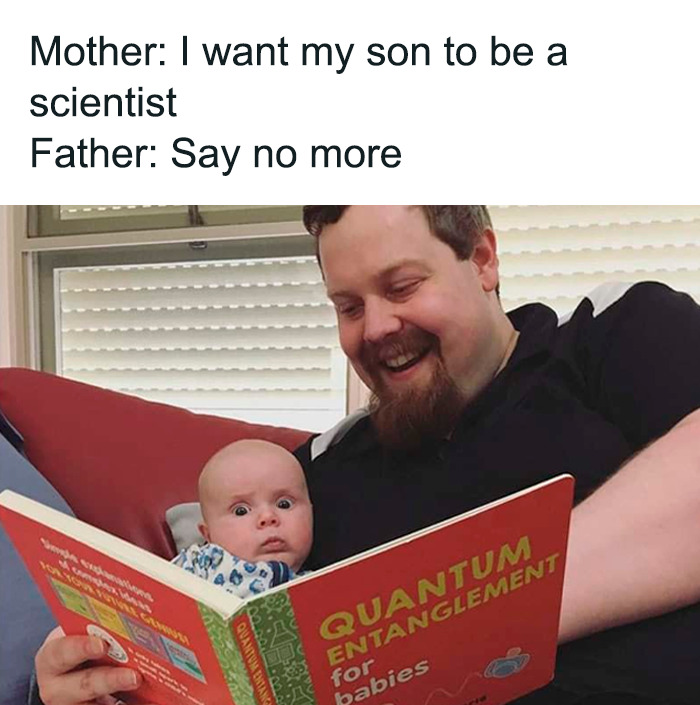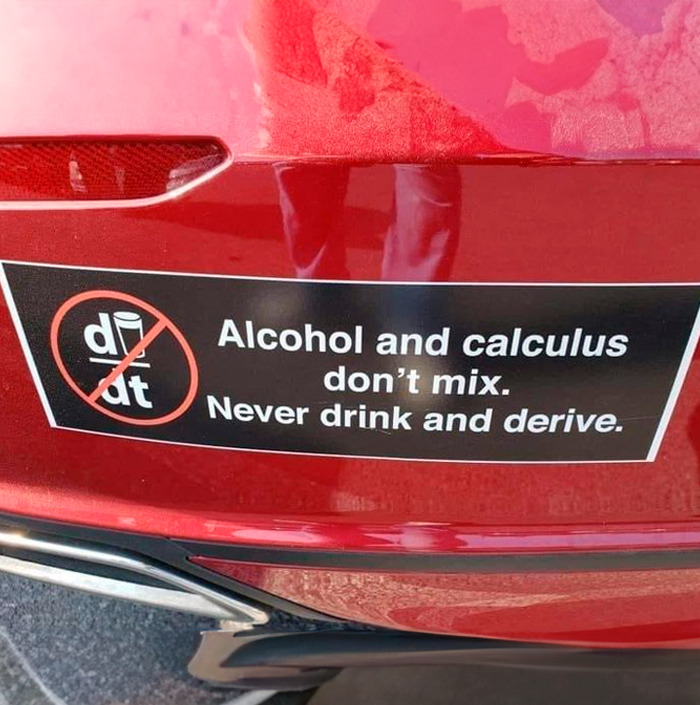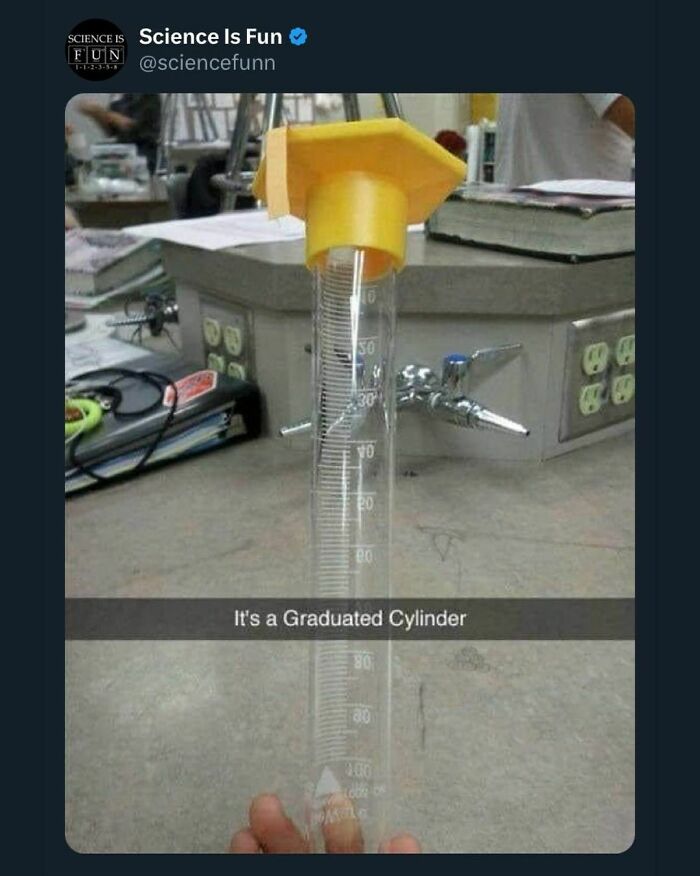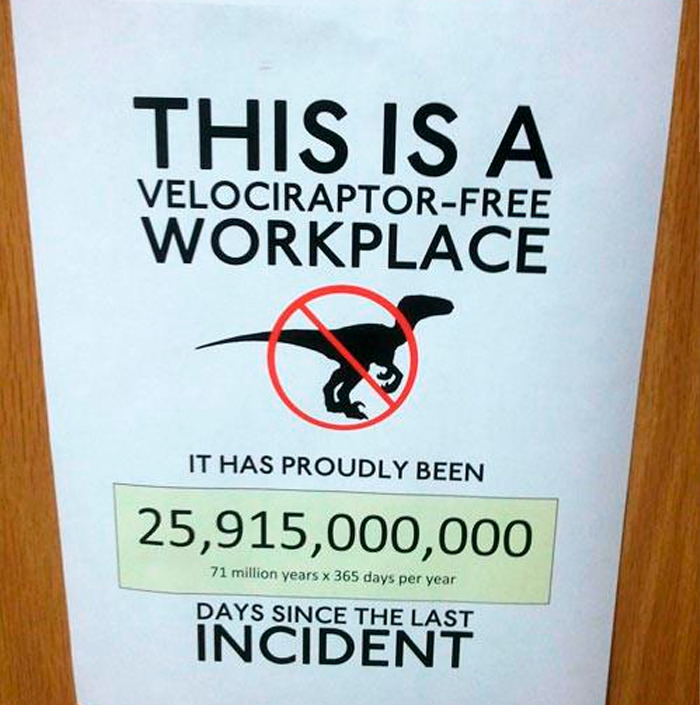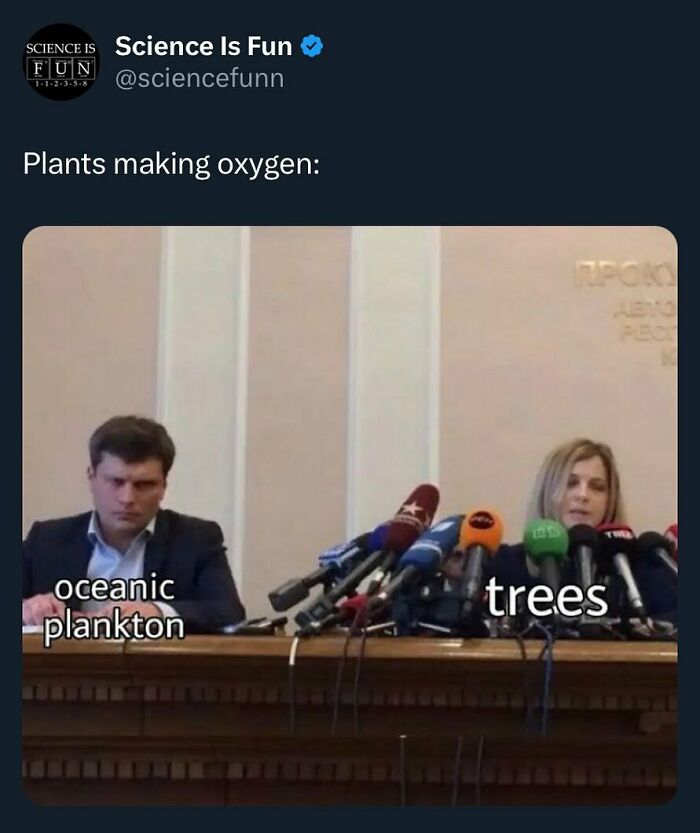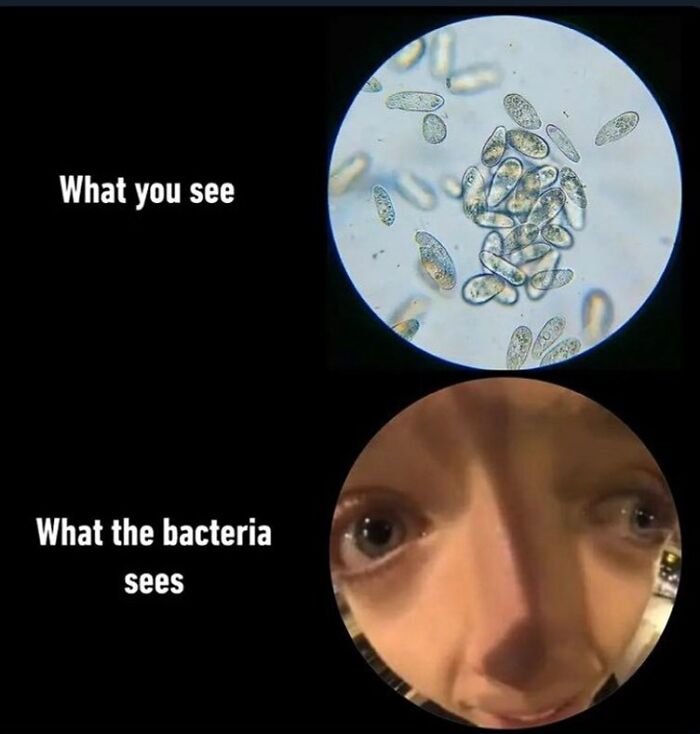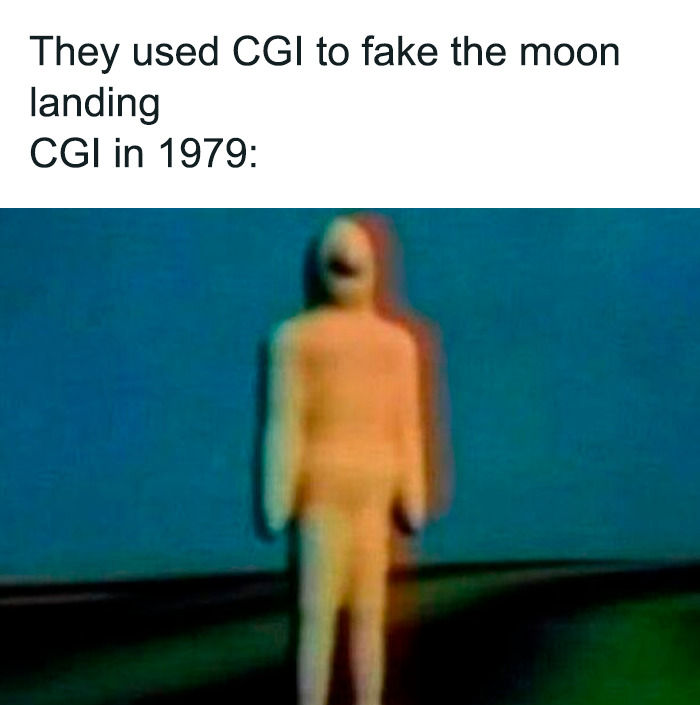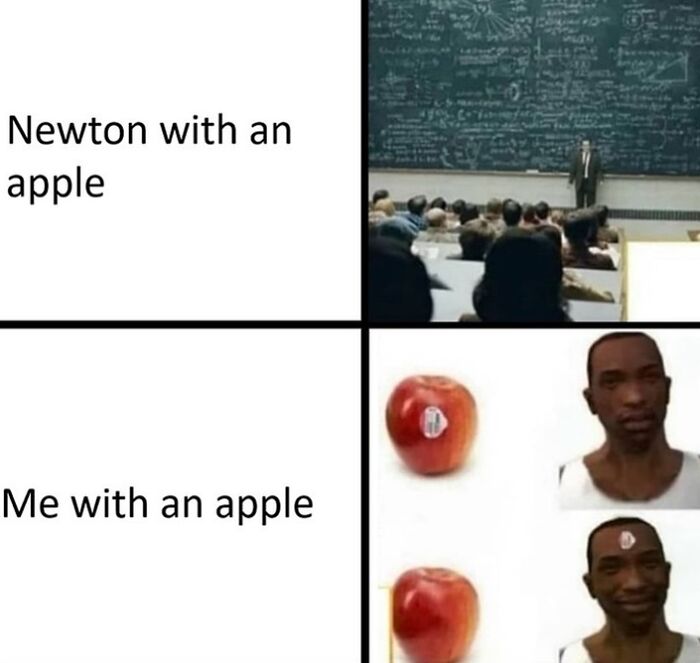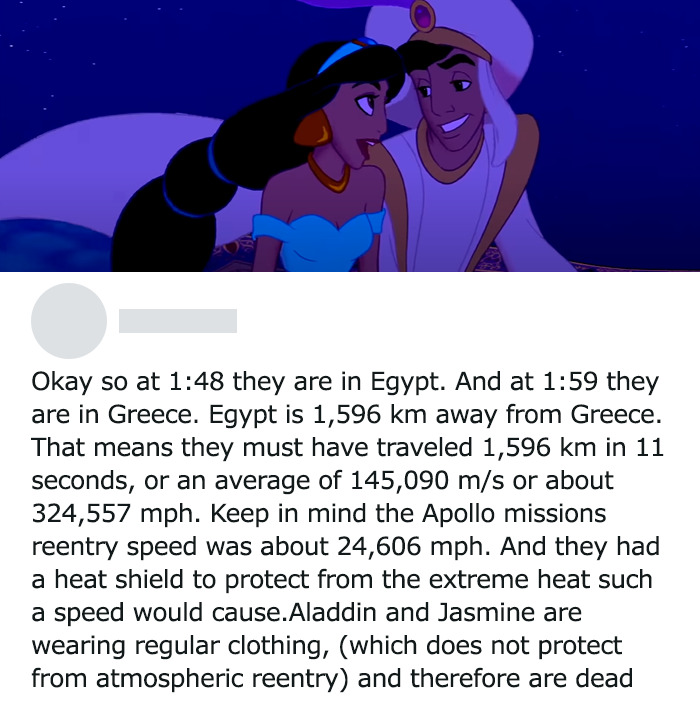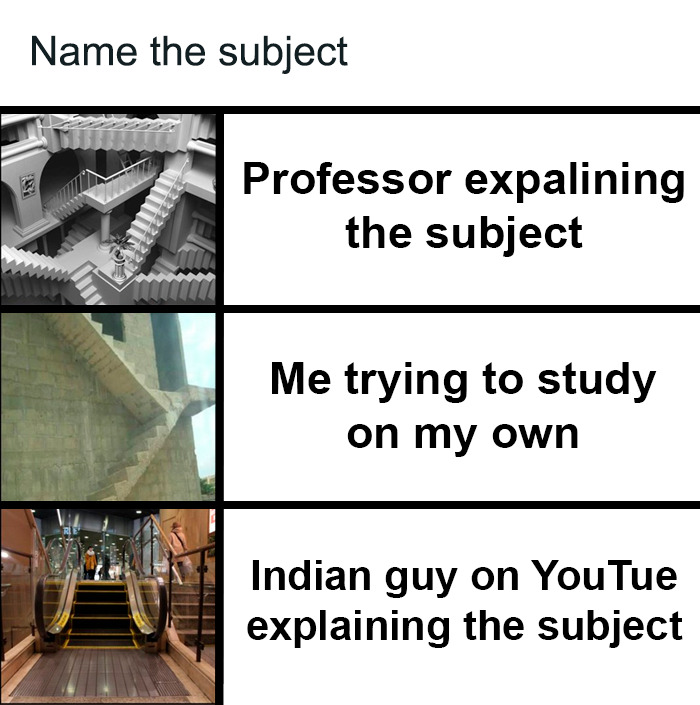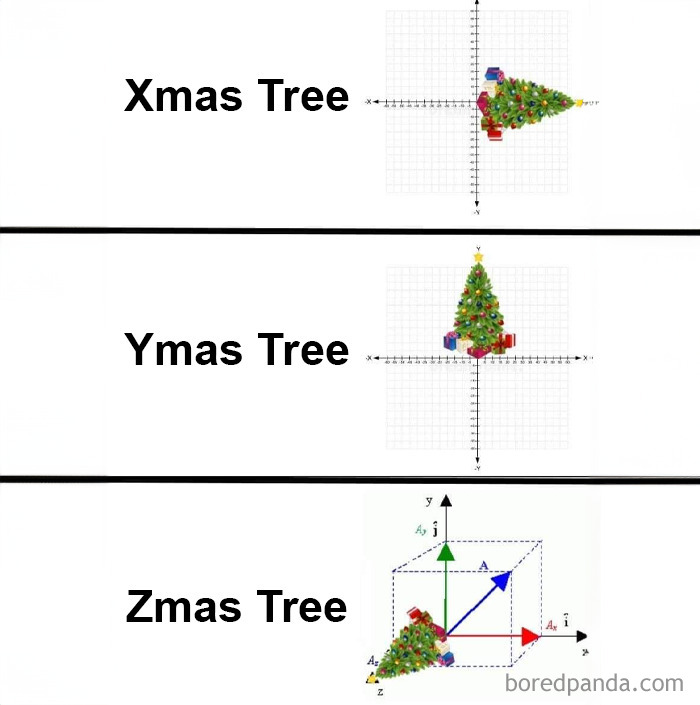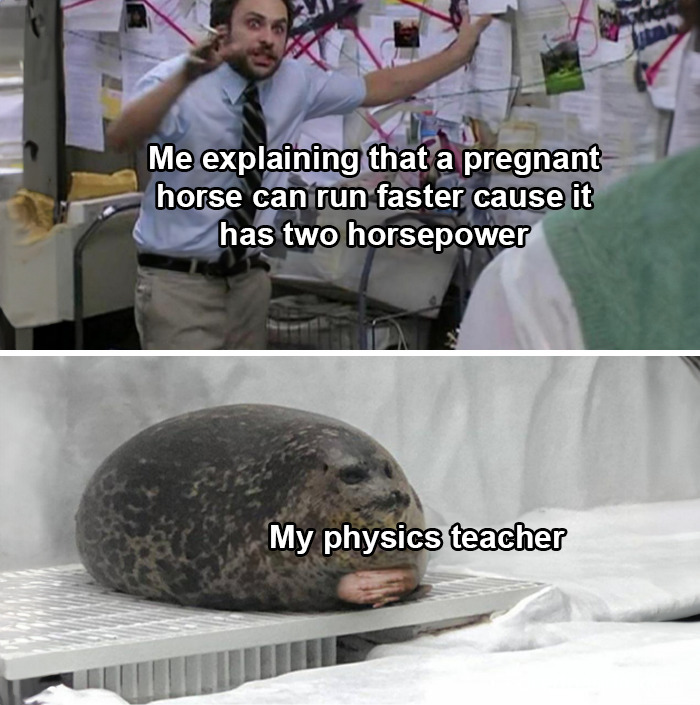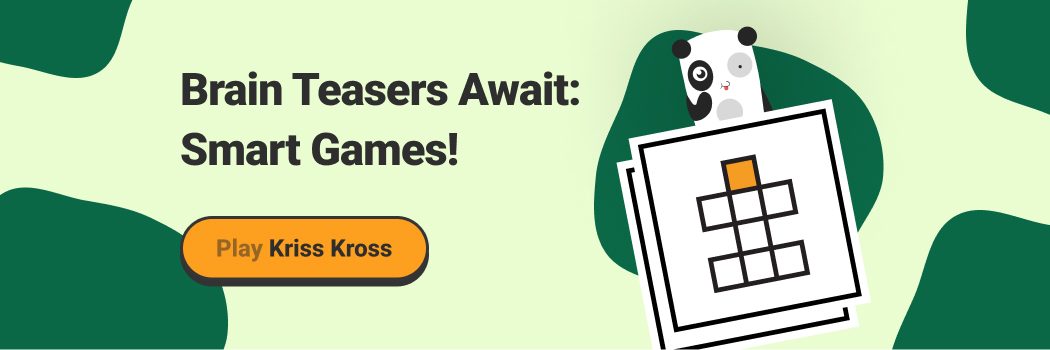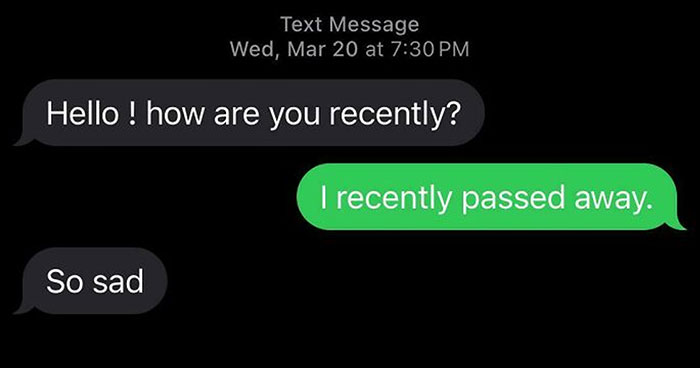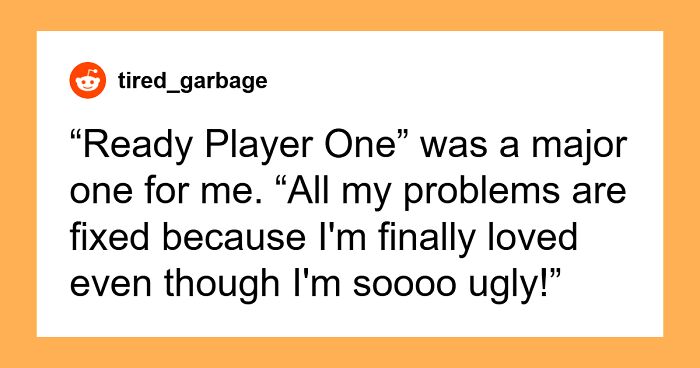
‘Science Is Fun’: 50 Funny And Smart Memes For Science Lovers Everywhere
InterviewThe limits of human knowledge are constantly being pushed. There are so many incredible discoveries, inventions, and theories that it’s hard to keep up with all the science news. But even the most academically inclined individuals need a break from time to time.
‘Science Is Fun’ is a very popular Instagram account that shares some of the most funny and witty science-related memes ever. We’ve collected some of the best ones to share with you. Scroll down to check them out! Pssst, Pandas, be sure to send your fave memes to your smartest friends, too. They could probably use a break.
Bored Panda got in touch with Tomas, the founder of 'Science is Fun,' and he was kind enough to answer our questions. We spoke about the inspiration behind the account, what sets great memes apart from the rest, and how science can be popularized in society. Check out our full interview below.
More info: Instagram | Twitter | YouTube
This post may include affiliate links.
“The inspiration for the project was that I always loved two things: humor and science, but I rarely saw these two topics at once. Tuesday afternoon, August 21, 2018, was the moment the ‘Science Is Fun’ project was created to simply put humor and science together, hoping that having this content ‘under one roof’ would get its appreciation and, hopefully, more people would relate to it,” Tomas, the creator of the account, told Bored Panda via email.
According to Tomas, the account had its fair share of ups and downs over the years due to the changes in Instagram's algorithm. It also went through different phases, experimenting with different balances between science memes, facts, and news. “The goal still remains the same: to popularize science in a way people might find it interesting.”
In the founder's opinion, there are multiple factors that affect whether or not a meme is high-quality. “Since the point of a meme is that it’s basically a visualized joke, the picture (graphics in general) might be, at some point, crucial. What might decide whether it will get its appreciation is the geography of the audience, gender, age, interest, and level of education in the area of the particular meme," he told Bored Panda.
"When the meme requires some (but a low) level of education, there is a chance it will make more sense for the majority of the audience." Aside from making people laugh, memes can also make the audience feel educated or like they relate to the situation described in the meme. On top of that, some memes can evoke a deep sense of nostalgia, too.
"These emotions can be more powerful than laughter itself. And combining more emotions with having a low education requirement for the post can cause the post to go viral.”
This is known as Murphy's Law. “The best way to get the right answer on the internet is not to ask a question; it’s to post the wrong answer.”
In Tomas' opinion, popularizing science in society through memes, facts, news, and education comes down to showing everyone that science is different from what they experienced in school. Some people think that science is 'boring' and difficult because their only experience with it has been going to physics, chemistry, biology, or math classes.
From his perspective, the best step is "showing them that science is actually really fascinating and logical." He added: "I believe showing people that learning about science is basically learning about our world, laws of nature, laws of our very own existence and our essence." For the freshest science memes, facts, and news, be sure to follow 'Science Is Fun' on Instagram!
‘Science Is Fun’ has a massive presence on the internet and social media. On Instagram alone, its account is followed by 1.9 million people. What’s more, the project has 21.2k followers on X (formerly Twitter) while 1.2k internet users have subscribed to its YouTube channel.
The project, which was initially created nearly 6 years ago, isn’t just focused on memes (though they are hilarious). It also shares news and facts that many science lovers are going to enjoy.
Look up CC of Westchester county, New York on YouTube for a hilariously delusional flat earther.
The rise of AI and the spread of LLMs (large language models) like ChatGPT, Gemini, etc. is a double-edged sword. On the one hand, AI tools can help researchers and workers save time doing menial tasks, e.g. sifting through information, compiling reports, or doing presentations. However, overly relying on these tools without heavy security or editing is going to cause problems.
In short, as things currently stand, these LLMs are still relatively in their early days and make too many mistakes to be trusted blindly, which can lead to bad science. The human element in scientific research and writing research papers might never fully go away.
In a study, Melissa Kacena, the vice chair of orthopedic surgery at Indiana University School of Medicine, found that even though articles written by ChatGPT were easier to read than those of students, up to 70% of their cited references were inaccurate or outright made up. The AI-written articles were also more likely to be plagiarized.
The same place one buys a water bed *ba-dum-tss"
Load More Replies...“ChatGPT was pretty convincing with some of the phony statements it made, to be honest. It used the proper syntax and integrated them with proper statements in a paragraph, so sometimes there were no warning bells. It was only because the faculty members had a good understanding of the data, or because the students fact-checked everything, that they were detected,” Kacena told Time.
According to Time, AI is only as good as the information it receives. For example, AI tools might be more efficient in processing scientific data and use better grammar than people, but the style of language that it defaults to might be completely at odds with the type of article that’s being put together. Overly flowery language might not be the best fit for top-tier science journals.
“Right now it’s not great by itself, but it can be made to work,” Kacena shared her thoughts about ChatGPT. She added that the LLM was accurate in sharing advice on the ways to summarize data, and stressed that the more feedback students gave the tool, the better it learned.
"I think ChatGPT is here to stay, and figuring out how to make it better, and how to use it in an ethical and conscientious and scientifically sound manner, is going to be really important.”
You think it is just shaped like a spaceship? Just wait until it takes off.
The Guardian recently reported on an international crisis in academic research. “Tens of thousands of bogus research papers are being published in journals in an international scandal that is worsening every year, scientists have warned. Medical research is being compromised, drug development hindered and promising academic research jeopardized thanks to a global wave of sham science that is sweeping laboratories and universities,” writes Robin McKie.
Unless there's a cat. Then objects at rest... Get pushed off the counter. Or woken up to feed them.
In 2023, research journals retracted a whopping 10,000 papers, which shows the massive scale of scientific fraud. Professor Dorothy Bishop from Oxford University claims that the situation has become appalling. “The level of publishing of fraudulent papers is creating serious problems for science. In many fields, it is becoming difficult to build up a cumulative approach to a subject, because we lack a solid foundation of trustworthy findings. And it’s getting worse and worse,” she said.
According to The Guardian, so-called ‘paper mills’ fabricate research papers to be published in journals, so that young scientists can get promoted, get paid more, or create a positive reputation for themselves. This practice is best known in China, India, Iran, Russia, and Eastern Europe. In some cases, research is outright faked while journal editors are outright bribed.
“Editors are not fulfilling their roles properly, and peer reviewers are not doing their jobs. And some are being paid large sums of money. It is deeply worrying,” Professor Alison Avenell from Aberdeen University commented.
He he because pi is an irrational number. Pi believes in flat Earth and vaccines causing autism.
Professor Marcus Munafo from Bristol University added: “If you have growing numbers of researchers who are being strongly incentivized to publish just for the sake of publishing, while we have a growing number of journals making money from publishing the resulting articles, you have a perfect storm. That is exactly what we have now.”
They dug a large hole, put the pointy bit in first then built up. Much easier to build this way. When finished it was a simple matter of flipping the pyramid onto its base.
Which of these science memes did you enjoy the most? How up-to-date do you stay with scientific news? Do we have any Science Pandas in the audience today? What first got you interested in science and why?
We'd love to hear your thoughts on everything. If you have a moment, drop by the comments to share your take.
Solution: drill a hole in the glass and pump in expanding foam insulation. Come to me for more bad ideas.
They didn't count leap years. It's actually 25,932,750,000 days. Yes, it's petty. No, I don't want to talk about it.
Can't have apples anymore, unless I don't want to see my partner. Curse of being engaged to a doctor
Not if the flying carpet travels through time and space. Another Tardis?
Zmas tree is when it falls off the roof of the car and slams into the car behind.
Horsepower was invented by James Watt as a marketing gimmick. The way he sold his engines was that a 5hp engine could replace 5 horses. Horses need things like sleep and food and steam engines don't. So he roped in all that downtime. In reality a horse is capable of over 20hp.
Excellent stuff. First Panda I have really laughed w/ almost all of the postings!
I laugh at all kinds of jokes including some silly ones. Some of these made me laugh, but some I didn't get, because I didn't understand them, because I didn't get the science. That's the proof they were about science.
Here's a joke I heard. How can you tell if someone has a mental illness? They calculate connection coefficients (Christoffel symbols) by hand.
Excellent stuff. First Panda I have really laughed w/ almost all of the postings!
I laugh at all kinds of jokes including some silly ones. Some of these made me laugh, but some I didn't get, because I didn't understand them, because I didn't get the science. That's the proof they were about science.
Here's a joke I heard. How can you tell if someone has a mental illness? They calculate connection coefficients (Christoffel symbols) by hand.

 Dark Mode
Dark Mode 

 No fees, cancel anytime
No fees, cancel anytime 




